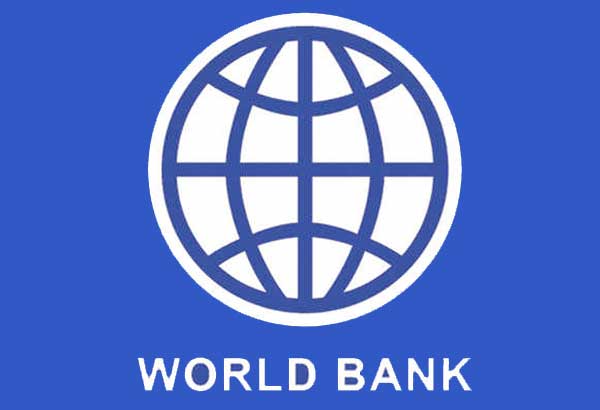 A report from the World Bank indicates that Ghana is losing close to 12 per cent of its Gross Domestic Product (GDP) due to environmental degradation.
A report from the World Bank indicates that Ghana is losing close to 12 per cent of its Gross Domestic Product (GDP) due to environmental degradation.
This, according to Dr Elias Ayuk, Director, United Nations University – Institute for Natural Resources in Africa (UNU-INRA) Accra, was due to rapid degradation of both renewable and non-renewable natural resources.
Speaking during the opening of the a three day international conference on green economy in Accra on Monday, Dr Ayuk said environmental degradation coupled with climate change was putting immense pressure on the natural resource base of the countries of the world especially Africa.
Our interest in pursuing research and capacity building in the area of green economy has been informed by the fact that environmental degradation coupled with climate change were putting immense pressures on the natural resource base of the world, he said.
The conference dubbed “Greening industries and green entrepreneurship promotion as a driver of sustainable and inclusive growth in rural Africa” attracted researchers, policymakers, civil society organisations among others from all over Africa to deliberate on issues pertaining to green economy on the continent.
He noted that while the African continent could boost of some of the fastest growing economies in the world during the last decade, the growth had not been balanced since poverty remained a problem with inequalities also increasing.
These, he said, had been accompanied by numerous environmental problems such as air and water pollution, deforestation, desertification, loss of biodiversity and so on.
He called on both the public and private sectors in Africa to work together by making significant investment in the transition to a green economy.
He said the UNU-INRA was one of 14 Institutes and Programmes of the United Nations University (UNU) with the sole aim of contributing through collaborative research and education, dissemination and advisory services to resolve the pressing global problems of humanity.
“In pursuit of its mission, ‘UNU functions as a think tank of the UN System and for UN member states; serves as a bridge between the United Nations and the international academic community; provides a platform for global and local dialogue; and contributes to building research and teaching capacity, particularly in the developing world,” he added.
He said the UNU-INRA was the only UNU Institute based in Africa with the mandate to empower African universities and research institutions through capacity strengthening to enable efficient management of the continent’s abundant natural resources.
Mr Papa Bartels, Director, Logistics and Value Chain, Ministry of Trade and Industries, intimated that almost all sectors of our economy depended on natural resources as businesses depended on natural assets, from raw materials extraction, to production, and to the use of disposal of manufactured outputs for their activities.
“It is therefore imperative for green economy strategies and principles to guide all business activities to sustain livelihoods and create new opportunities for development,” he added.
He noted that Ghana with the support of the United Nations Environment Programme and the UNDP had developed and launched a climate change adaptation and development strategy to deal with the impact of climate change and to reduce vulnerability in key sectors of the economy.
Dr Christine Evans-Klock, UN Resident Coordinator and UNDP resident Representative challenged African countries to find a new path to industrialisation where energy generation and development would go hand- in-hand.
She expressed concern about the issue of load shedding as it did not augur well for industrialisation and development in general.
Source: GNA























